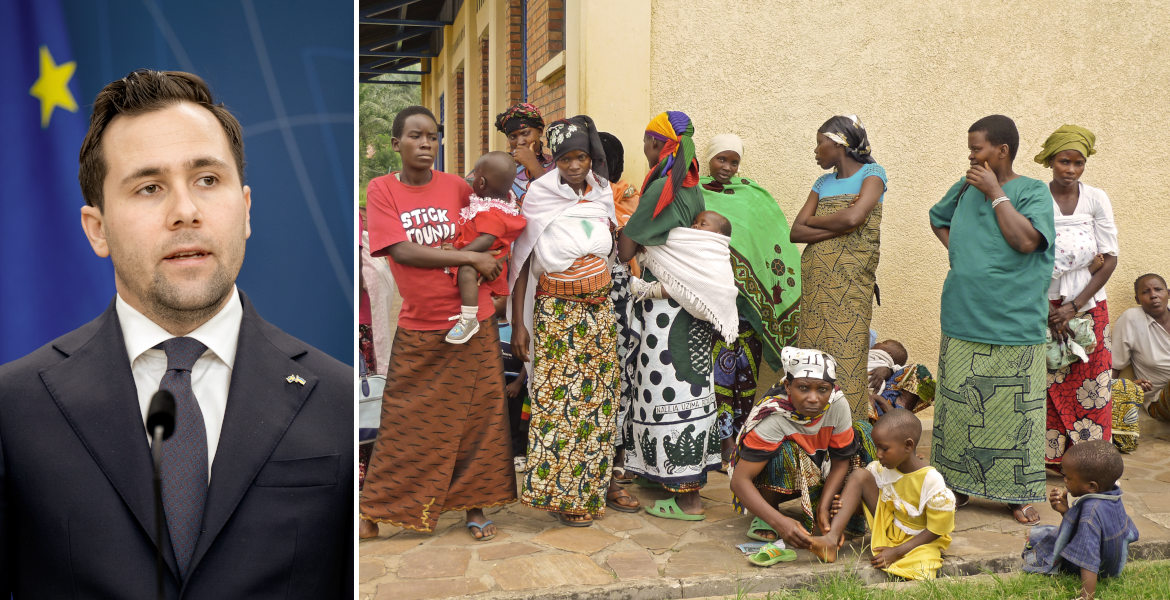The share of parents saving for their children has dropped this year, according to a new survey. It is now back to the level it was in 2020.
The Swedish Association of Investment Funds (Fondbolagens förening) conducts an annual survey on children’s savings in collaboration with social research company Kantar Sifo. This year’s survey is based on responses from 1,037 participants and was conducted in November.
Since last year’s survey, the proportion of parents saving for their children has fallen from 90 percent to 86 percent.
Among parents, 80% continue to save the same amount for their children as they did last year. 10% have also increased their savings, but 10% have also decreased their savings. Mutual funds remain the most popular option, with an increase from 69% to 71% of parents. Savings accounts are in second place, with 46% of parents saving in them, while stocks and shares have fallen to 14%.
Growth in stock savings
– Today’s young people should be very happy that their parents choose to maintain long-term savings for their children despite the difficult economic times, says Philip Scholtzé, savings economist at the Swedish Investment Fund Association.
In the category of savings for grandchildren, the share of share savings has increased from 10 percent to 19 percent since last year, while the share of fund savings has decreased from 64 percent to 55 percent.
The Investment Savings Account (ISK) is the most popular choice for saving for children. There is hope that the government’s promise in the Tidö agreement to exempt up to SEK 300,000 in an ISK from tax will be fulfilled. The survey shows that one-fifth of those who save for children would increase or start saving if tax relief were introduced.








